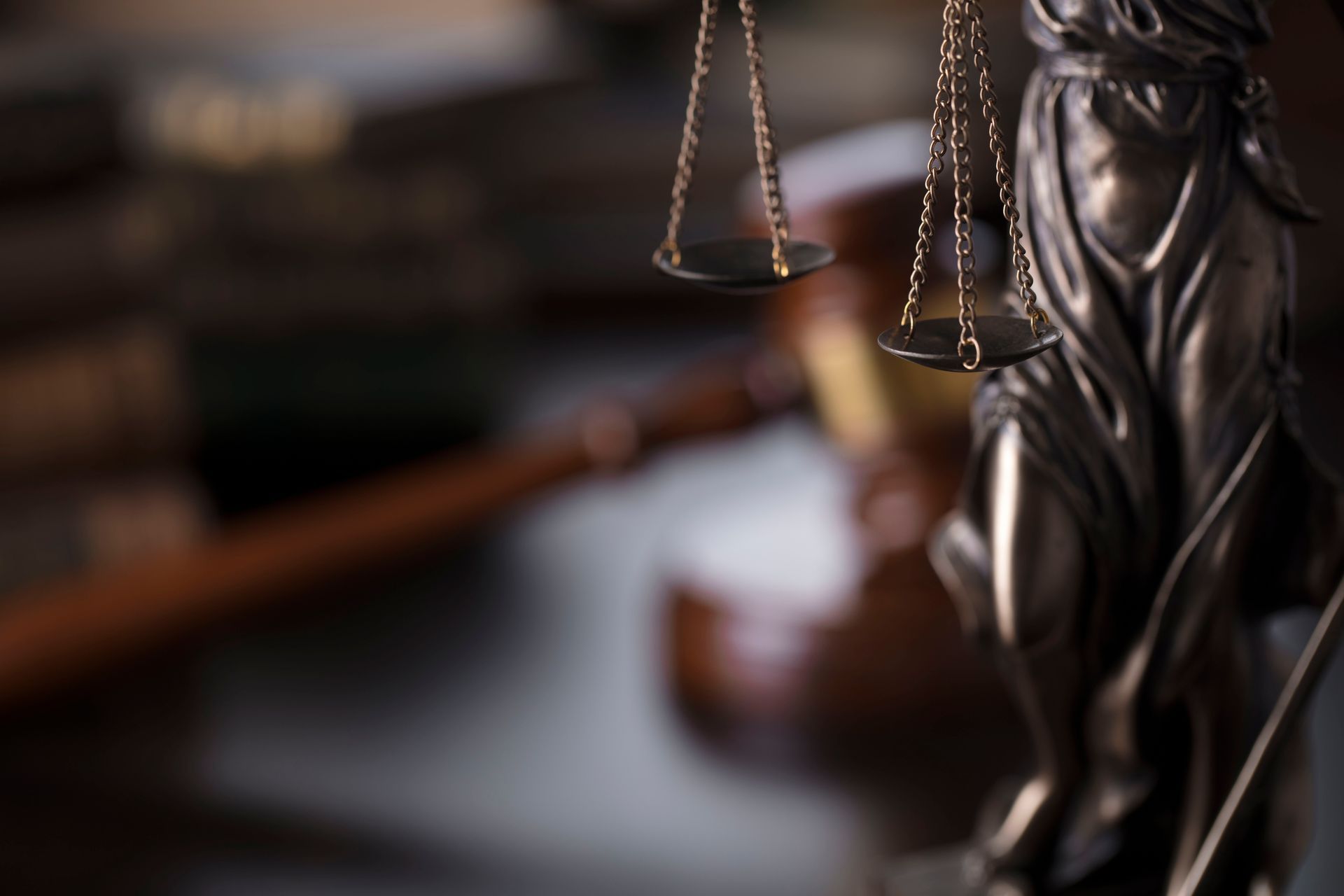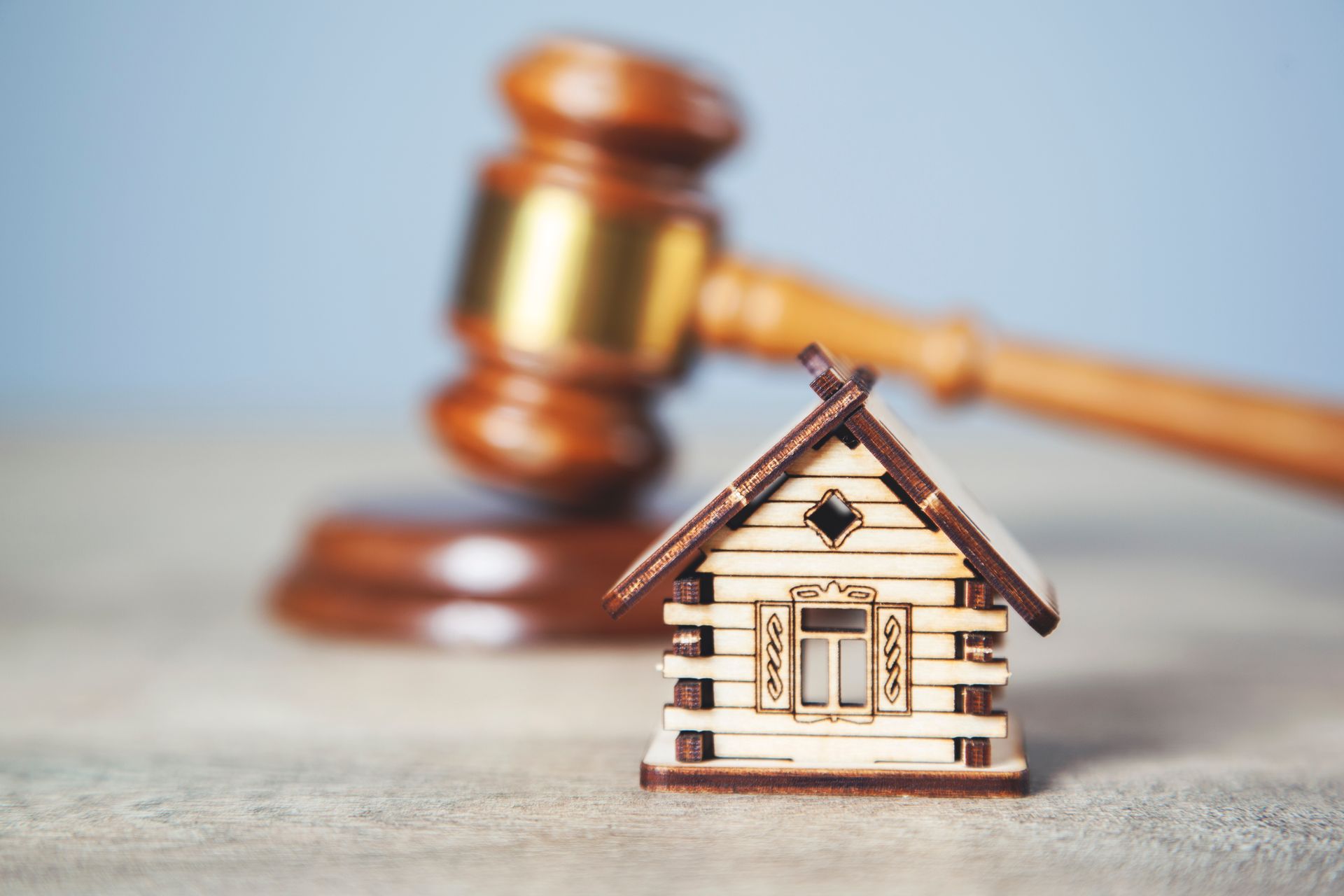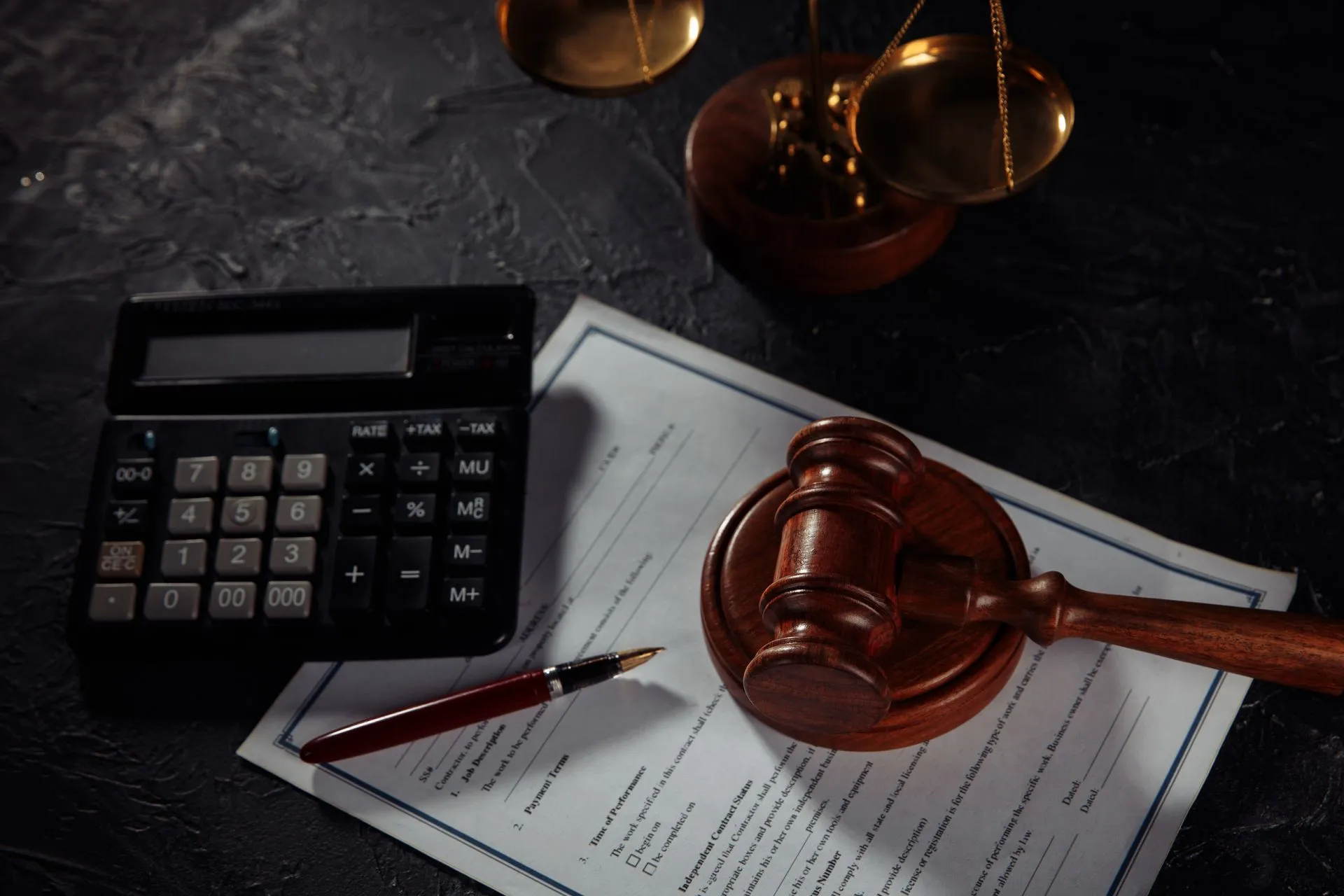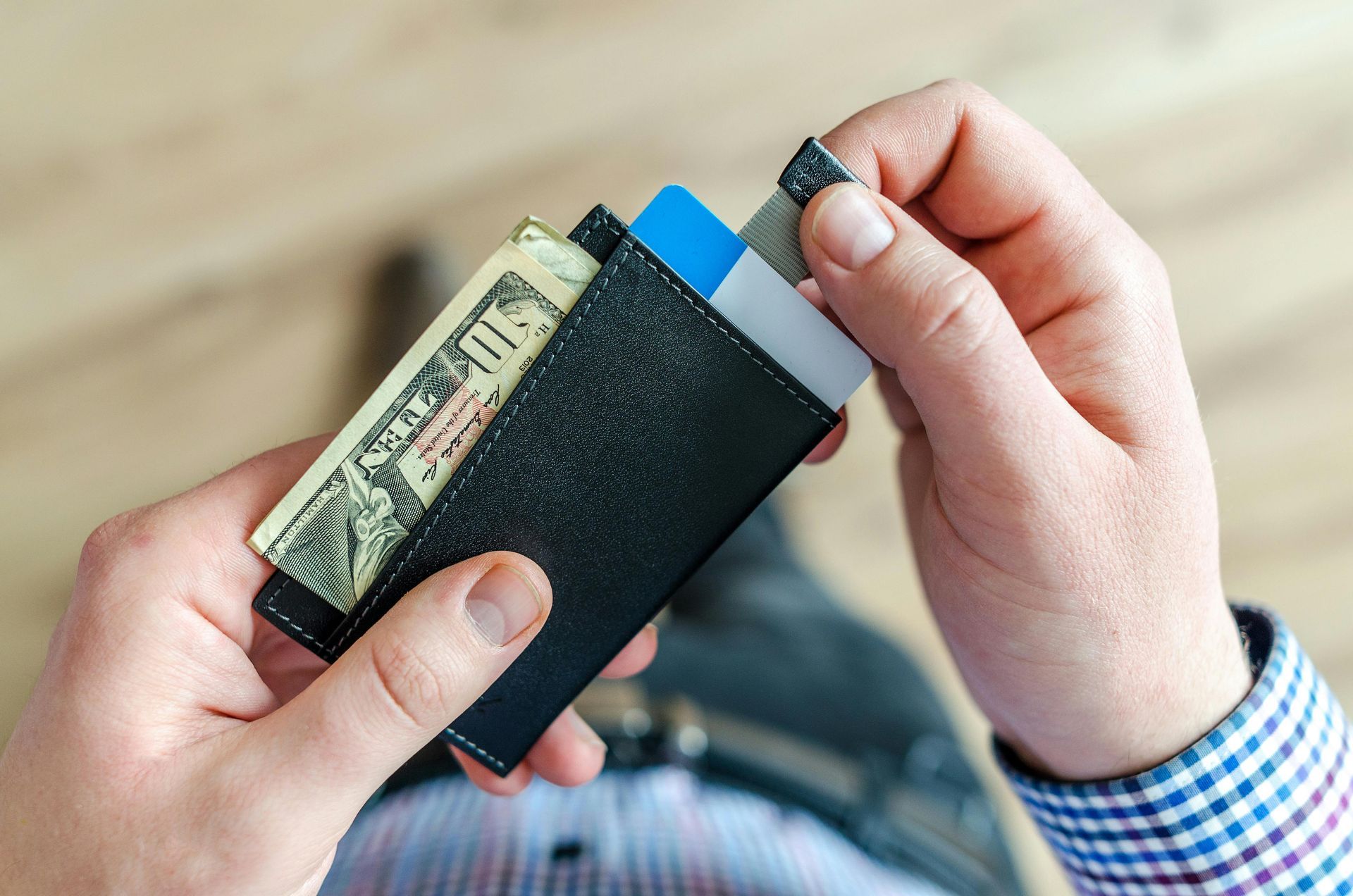Chapter 7 vs. Chapter 13 Bankruptcy: What’s the Difference?
Chapter 7 vs. Chapter 13 Bankruptcy: What’s the Difference?
When debt becomes overwhelming, filing for bankruptcy can provide a clear path forward. At The Law Offices of Stuart M. Nachbar, P.C., we help individuals throughout New Jersey understand their legal options, including the two most common forms of consumer bankruptcy: Chapter 7 and Chapter 13.
Each type of bankruptcy has unique features, benefits, and eligibility requirements. In this article, we’ll break down the key differences so you can make an informed decision about your financial future.
What Is Chapter 7 Bankruptcy?
Chapter 7 bankruptcy, often referred to as “straight bankruptcy” or “liquidation bankruptcy,” is designed for individuals who do not have the income to repay their debts. When you file under Chapter 7, certain unsecured debts—like credit card balances and medical bills—can be wiped out entirely.
Key Points:
- Quick Process: Most cases are completed in 4–6 months.
- Debt Discharge: Eliminates qualifying unsecured debts.
- Property Exemptions: Many filers are able to keep their home, vehicle, and other essentials.
- Means Test Required: Your income must fall below a certain threshold to qualify.
This option can offer a clean slate, though it's important to understand what property is protected under New Jersey's bankruptcy exemptions.
What Is Chapter 13 Bankruptcy?
Chapter 13 bankruptcy is often called a “reorganization plan.” It allows individuals with regular income to create a structured repayment plan, usually over 3 to 5 years. Instead of eliminating debt outright, it gives you time to pay back what you owe—often at a reduced rate—while keeping your assets.
Key Points:
- Repayment Plan: Debts are paid in manageable monthly installments.
- Keep Your Property: Ideal for those trying to avoid foreclosure or repossession.
- No Income Limit: However, there are limits on how much debt you can have.
- Good for Secured Debt: Useful if you’re behind on mortgage or car payments.
Chapter 13 is best suited for people who have steady income and want to retain important assets while managing past-due accounts.
Which Option Is Right for You?
Choosing between Chapter 7 and Chapter 13 depends on several factors:
- Your current income and job stability
- The types of debt you owe (secured vs. unsecured)
- Whether you’re behind on mortgage or car payments
- Your long-term financial goals
If you need a quick reset and don’t have the means to repay your debt, Chapter 7 may be the best fit. If you’re trying to protect your home from foreclosure or want to catch up on payments over time, Chapter 13 may be more appropriate.
Talk to a New Jersey Bankruptcy Attorney
Deciding whether to file for bankruptcy—and which type to choose—isn’t easy. At Stuart M. Nachbar, P.C., we’ve helped countless New Jersey residents navigate Chapter 7 and Chapter 13 filings. Our goal is to help you understand your options and take the right steps toward financial relief.
We offer personalized guidance tailored to your situation, and we’re committed to helping you make decisions that support your long-term well-being.
Ready to Take Control of Your Financial Future?
If you're thinking about filing for bankruptcy in New Jersey, schedule a consultation with Stuart M. Nachbar, P.C. today. We’ll review your situation, explain your rights, and help you move forward with confidence.











